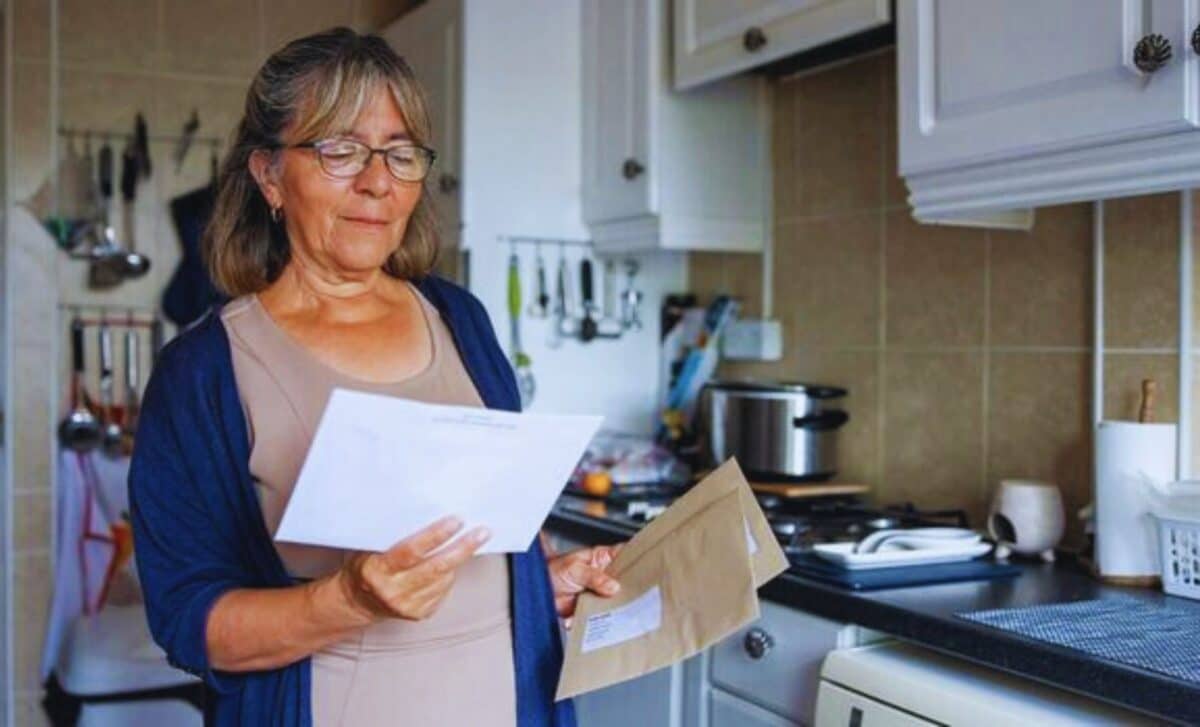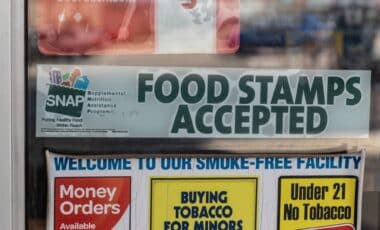There’s been a persisting inflation over the last couple of years such that many people in the UK are struggling with payments, afford basic requirements and have a roof over their heads. What is striking is that despite having registered a decline recently, high prices are still very oppressive for many.
By June, inflation had at last hit the Bank of England’s target of 2%, marking a considerable drop from its peak of 11.1% in October 2022. However, this piece of news should not be seen as encouraging as it only implies that prices are increasing at a slower rate rather than going back to what they used to be previously.
Costs associated with living were promised to be dealt with by the newly-elected Labour government in its manifesto by dealing with foundational issues. The Secretary of State for Work and Pensions Liz Kendall has stated on her official website about serious intentions to eliminate “economic inactivity” through introducing ‘Back to Work’ initiative aimed at increasing employment opportunities.
August 2024 Benefits and Pensions Payments
This August, various benefits and pension payments will continue as usual, including:
- Universal Credit
- State Pension
- Pension Credit
- Child Benefit
- Disability Living Allowance
- Personal Independence Payment
- Attendance Allowance
- Carer’s Allowance
- Employment Support Allowance
- Income Support
- Jobseeker’s Allowance
Note that payments scheduled for the bank holiday on Monday, 26 August, will be disbursed the preceding working day, Friday, 23 August. For further details regarding state benefits, please consult the government’s official website.
Unclaimed Benefits and Additional Support
A new report from Policy in Practice stated up to £23bn every year is not claimed by individuals in benefits. They offer a handy calculator that helps people work out what they should receive. If you have any problems with the DWP, you can email [email protected].
Household Support Fund
In March’s budget, Jeremy Hunt, ex Chancellor, extended the Household Support Fund (HSF) another six months. It’s a fund given to local authorities to help households at risk.
These funds can be used by councils for different purposes including cash grants, supermarket vouchers or assistance towards energy bills. Contact your local authority office for more information on this offer.
Other Available Assistance
- Budgeting Advance Loans: The government now offers interest-free budgeting advance loans lasting up to two years at no charge as a last resort for Universal Credit claimants facing financial emergencies. Eligibility limits are:
- £348 for singles
- £464 for couples
- £812 for families with children
- Charitable Grants: Various charitable grants exist for those who are struggling financially, and these come with specific eligibility requirements. There is an online tool of charity Turn2us that allows you to find possible grants for which you may be qualified.
- Energy Provider Assistance: Many energy suppliers, including Scottish Power and British Gas, offer support for customers struggling with energy bills. British Gas, for example, provides grants of up to £2,000 under certain conditions.
- Council Tax Reduction: Individuals receiving specific benefits may qualify for a council tax reduction of up to 100%. Local councils can also offer discretionary reductions for those demonstrating severe financial hardship.
Childcare Support
In the UK presently, all employed parents are eligible for 30 hours of free childcare for three- and four-year-old children. By April 2024, this will be expanded to provide 15 hours of care for two-years old. Parents will have to apply online and confirm their eligibility every quarter year. They plan to make even more expansion, which includes:
- September 2024: 15 hours of free childcare for children from nine months.
- September 2025: 30 hours of free childcare for all children under five.









